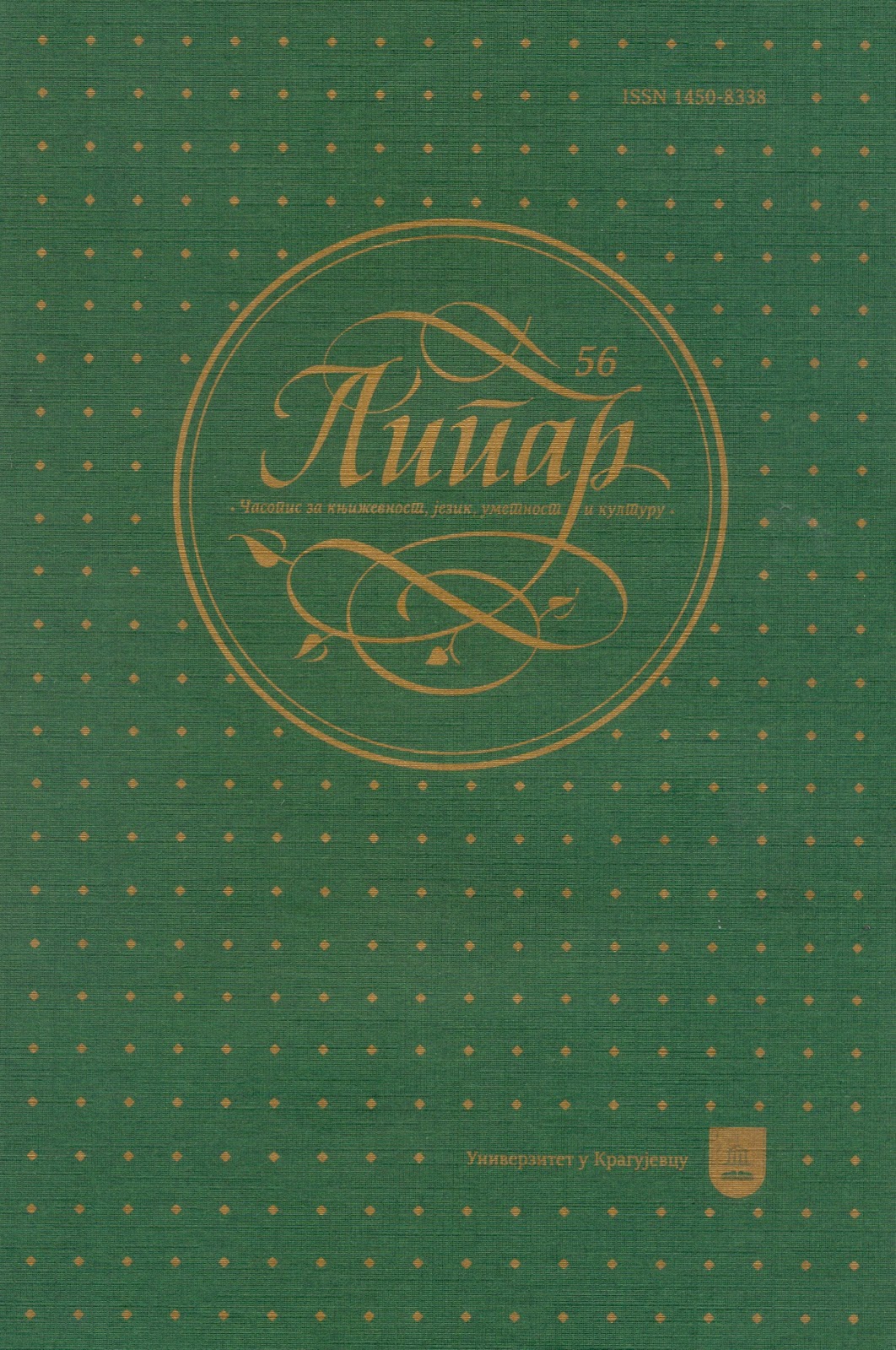СУОЧЕЊЕ ДВЕ УТОПИЈСКЕ ПРАВДЕ У ПРИЧИ
„ОНИ ШТО ОДЛАЗЕ ИЗ ОМЕЛАСA“ УРСУЛЕ К. ЛЕ
ГВИН И ЕПИЗОДИ „ПРАВДА“ ЗВЕЗДАНИХ СТАЗА
ENCOUNTER OF TWO UTOPIAN JUSTICES IN THE STORY “THE
ONES WHO WALK AWAY FROM OMELAS” BY URSULA K. LE GUIN, AND IN THE EPISODE “JUSTICE” IN THE STAR TREK
Author(s): Marko Ј. TasićSubject(s): Language and Literature Studies, Studies of Literature, Other Language Literature, Philology
Published by: Универзитет у Крагујевцу
Keywords: utopia; fantasy; science fiction; Le Guin; Omelas;Star Trek’s “Justice”
Summary/Abstract: The aim of the paper is to compare two approaches to justice in utopian society, in two different genres of the fantastic. One genre is fantasy (F), and, in it, our example is the famous short story “The Ones Who Walk Away from Omelas” by Ursula K. Le Guin. The other genre is science fiction (SF), and in it, our example is the episode “Justice”, 8th in the first season of the TV series Star Trek – The New Generation. Obviously one is in the literary medium, and the other is a film. But our comparative approach reveals that the media difference (the field of literature; the field of movie art) is not crucial here. The genre difference is crucial. Both these works of art present a society which is, initially, seemingly perfect, which, due to a morally disruptive factor, eventually reveals itself to be a dystopia. Our analysis shows that the moral response of the protagonists to the emerging evil is dictated, decisively, by the difference in genre. If the crew of the starship “Enterprise” were to discover, and see from orbit, the city of Omelas, on some planet, they would want to know, with their scientific manner of thinking (which is why we call it science fiction), who arranged the matters so that the horrendous suffering of one child is supposedly the condition for the prosperity of the entire city; they would consider it meaningless, somebody’s arbitrary pique of malice; so, they would probably try to find the central control room, and do something about this, despite their Prime Directive of non-interference in other cultures. That which is, in one genre, a moral allegory or a parable, in the other genre is a concrete and practical, real and literal moral task, a problem to be explored and solved rationally.
Journal: Липар - часопис за књижевност, језик, уметност и културу
- Issue Year: XVI/2015
- Issue No: 56
- Page Range: 215-226
- Page Count: 12
- Language: Serbian

